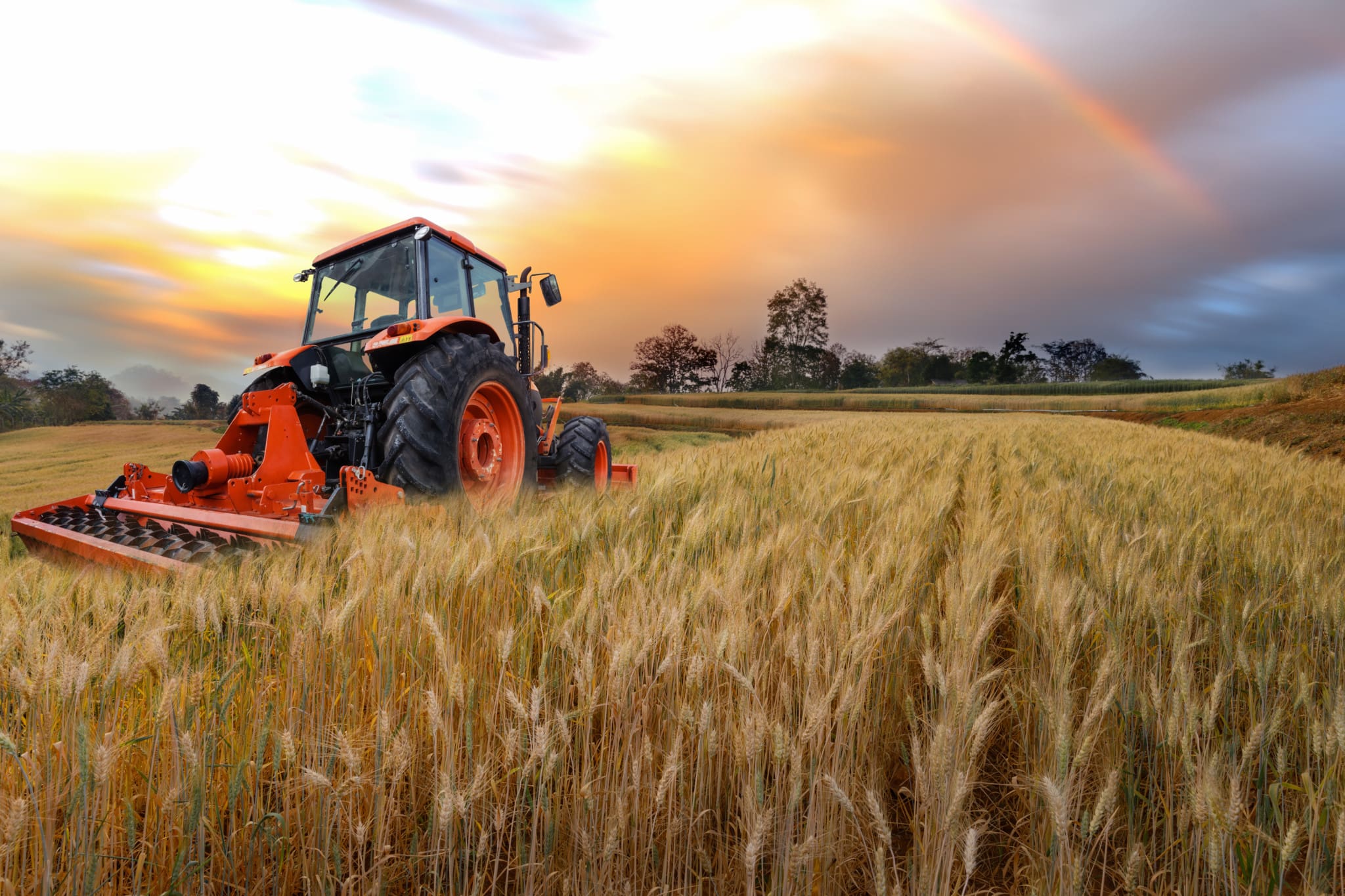Once upon a time, in the days of stagnant normalization, when the outline of Czechia still looked quite different on the map, the so-called battle for grain — sometimes also called the “harvest offensive” — broke out every summer.
Imported from the Soviet Union, these militaristic terms meant that the mainstream media was full of reports about heroic farmers reaping record harvests for the pleasure of socialist nations, evil Wall Street notwithstanding.
Since 1989, the subject has been completely forgotten. The battle for grain was replaced on television by murders and political arguments, with reports on cute animals at the end. There was plenty of food, and not only here; the wealthier the country, the more likely it is that obesity, not hunger, is the real health problem of its population. Today, fewer than 100,000 people work full-time in agriculture in Czechia.
The Russo-Ukrainian war put the topic of agriculture and food into the spotlight again. Mines in the Black Sea now threaten wheat exports to the rest of the world, and natural gas, an important raw material for the production of fertilizer, has become a scarce commodity. And all this in a world where the population will soon exceed the 8 billion mark, and where many countries that used to be food exporters have become dependent on imports — most often due to excessive population growth. This fragile balance is maintained by a few strong exporters such as the United States (corn, wheat) and Thailand (rice), whose food fills the bellies of a large part of humanity.
That means that in the future we will have to start thinking about food as the new oil: a strategic sector where you cannot always depend on importing shortfalls from abroad. There will be plenty of hungrier and more desperate buyers on the market, and they may even be able to overpay us. We are at least somewhat lucky that Czechia has good soil, a strong agricultural tradition, and a sufficient industrial base to enable today’s agriculture to operate at home.
However, we shouldn’t complicate the situation ourselves, primarily by being careful with how we handle our water and soil. It is worthwhile, for example, to use brownfield sites for agricultural purposes.






